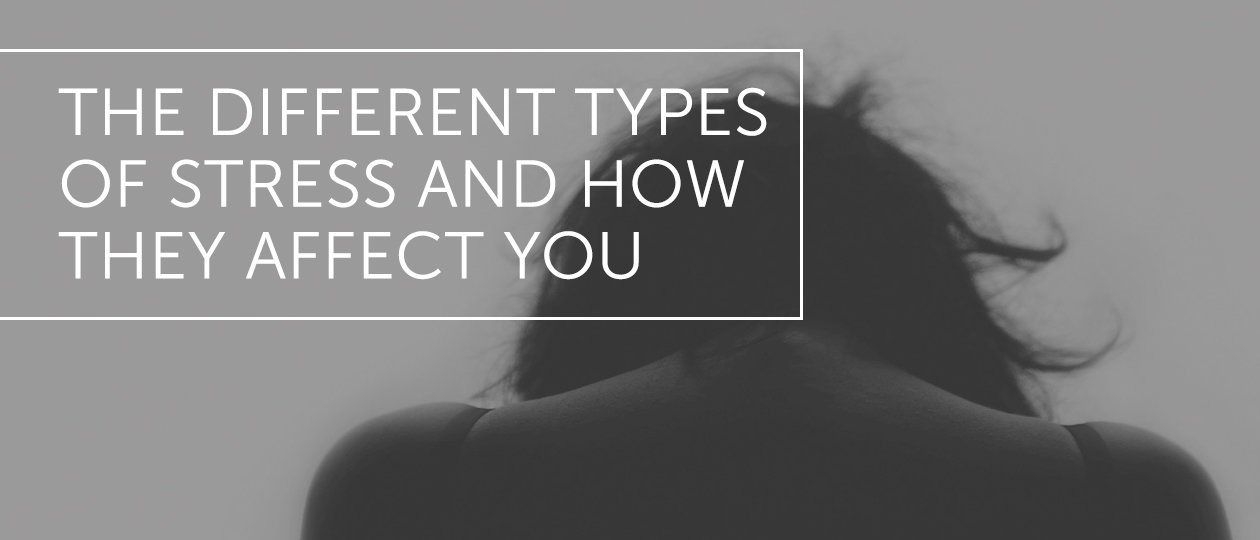The Different Types of Stress and How They Affect You
When most people hear the word, “stress,” they automatically think of one definition: their circumstances. They think of things they want that aren’t happening, and things they don’t want that they can’t stop. For most people, this is where it stops—but unfortunately for us, stress is much sneakier than that.
When I was a teenager, I had what my mom called a heavy foot (she should know. I think I inherited it from her). So after getting several tickets in a short time, I got myself a fuzz buster, a radar detector for my car. It helped a lot, but one of the frustrating things was that it probably went off two or three times with no policemen nearby for every once when there actually was one. For every real threat, there were several threat signals with nothing actually behind them. From the perspective of the company that made the radar detector, it was better to have false positives than to miss any of the true negatives, and I’d say that’s probably true.
Similarly, your stress mechanism doesn’t care if it overreacts, it only cares if it underreacts. The average person will likely have a hundred false positives for every real positive—and the types of stress go well beyond just circumstantial. In fact, there’s a serious question among experts as to whether ANY stress is circumstantial outside of a life-threatening emergency. I happen to be in the group that doesn’t think so. The craziest thing about this is that it means our primary definition of the main source of illness and disease is wrong.
Merriam Webster has many definitions of stress. Probably the most relevant being, “a physical, chemical, or emotional factor that causes bodily or mental tension and may be a factor in disease causation.” Some of that is good, even necessary. Exercise, for example, works by placing healthy stress (sometimes called eustress) on the body. But it can be taken too far, as I did by running flatfooted for six to ten miles every day for ten years. Spiritual stress almost always means living in conflicts with your own belief system, which I’ve generally found to be the most serious. Relational stress is another. We’re nearing the time of year when relational stress is at its height for most people. In my opinion, almost all the people who commit suicide do so because of relational stress.
If all you have to deal with is physical stress, you’ll probably be all right. But when you’re burdened with multiple types at once, that’s when something is going to break down, you may even lose your ability to function, and you’re almost certain to lose your love, joy, and peace in your life.
The takeaway here is that we need our owner’s manual. Stanford, Harvard, the United States Government, and almost every medical expert you could talk to says that over 90 percent of physical problems come from stress. I would encourage you to get out a pencil and piece of paper and write out your sources of physical, emotional, spiritual, and relational stress. Then, start working on the one that bothers you the most right now with Trilogy. Try to turn your negative thoughts into prayer, that can work miracles for a lot of people. But the one thing you absolutely can’t do is just ignore it and hope it will get better. That’s Einstein’s definition of insanity.
Have a blessed, wonderful day!
Alex Loyd



